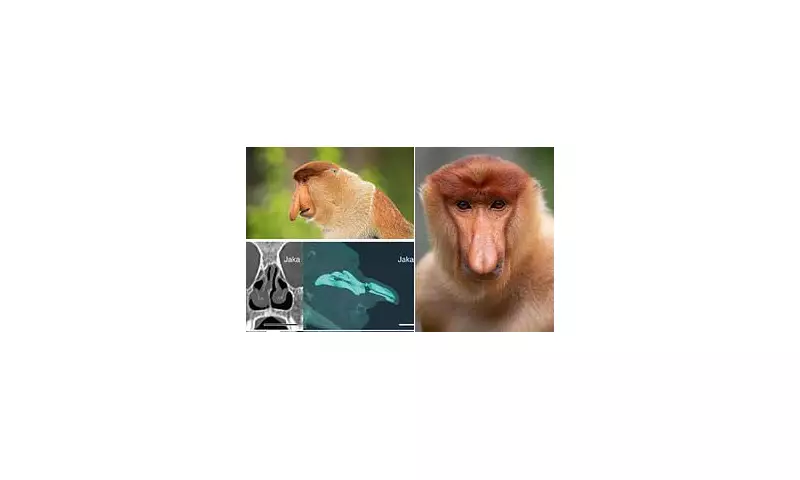
Deep within the lush, vanishing rainforests of Borneo, one of nature's most peculiar creations is fighting for its existence. The Proboscis monkey, instantly recognisable by its astonishingly large and pendulous nose, is now the subject of urgent scientific and conservation efforts.
A recent comprehensive study has delved into the mysteries of this iconic primate, uncovering the fascinating evolutionary reasons behind its most famous feature. Far from being a mere oddity, the male's prominent proboscis acts as a natural resonating chamber, amplifying its calls to attract mates and intimidate rivals in the dense jungle canopy.
The Price of Being Unique
This unique adaptation, however, has not shielded the species from a precipitous decline. Habitat destruction poses the most severe threat, with vast swathes of their mangrove and rainforest homes being cleared for palm oil plantations, agriculture, and urban development.
This fragmentation isolates groups, crippling their ability to find food and mates, and pushing them into ever-shrinking territories. Their specialised diet, consisting mainly of leaves and unripe fruits, makes them particularly vulnerable to changes in their ecosystem.
A Conservation Crisis
Conservationists are raising the alarm, classifying the Proboscis monkey as Endangered. Its population has plummeted by over 50% in the last 40 years, with current estimates suggesting fewer than 7,000 individuals remain in the wild.
"They are a barometer for the health of the entire Bornean ecosystem," a leading primatologist stated. "Their dramatic decline is a stark warning sign we cannot afford to ignore."
Glimmers of Hope
Despite the grim outlook, there is hope. Protected areas and wildlife sanctuaries across Borneo offer crucial refuges. Ecotourism, when managed responsibly, provides a economic incentive for local communities to protect the monkeys and their habitat instead of destroying it.
International awareness and support for sustainable palm oil initiatives are also vital steps in securing a future for this extraordinary, big-nosed ambassador of the ancient forests.





